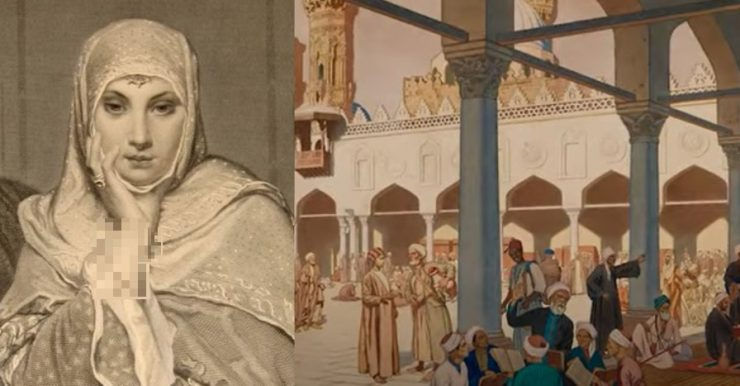The Woman Who Built the World’s Oldest University
- thenuanceblogs
- Jun 14, 2025
- 2 min read
When we think of the oldest universities in the world, our minds often jump to Oxford, Bologna, or the Sorbonne. But centuries before those institutions rose to fame, a Muslim woman in 9th-century Morocco laid the foundation for what would become the longest-running degree-granting university in history.
Her name was Fatima al-Fihri, and her story is nothing short of extraordinary.

Born in Kairouan (modern-day Tunisia) and later settling in Fez, Fatima was part of a wealthy and educated family. When her father, husband, and brother passed away, she inherited a significant fortune. But instead of retreating into comfort or status, she made a bold, world-changing choice: she used her inheritance to build a space for learning, faith, and community.
In 859 CE, Fatima founded the University of al-Qarawiyyin—a mosque that also served as a center of education. What began as a religious school soon expanded into a hub for a wide range of disciplines, including mathematics, astronomy, law, grammar, and medicine. It attracted scholars from across the Islamic world and even Europe. Thinkers like Ibn Rushd (Averroes) and Maimonides are said to have walked its halls. Even Gerbert of Aurillac, who later became Pope Sylvester II, reportedly studied there.
What makes Fatima’s legacy even more powerful is the context: this was a time when formal education for women was rare—let alone led by one. Yet, her vision endured. The University of al-Qarawiyyin has withstood centuries of dynastic shifts, colonialism, and political upheaval, remaining a place of knowledge and reflection for over 1,100 years.
Fatima al-Fihri didn’t just build a university—she built a legacy. A legacy that challenges the narrative of who holds the power to shape history. A legacy that still stands, both literally and symbolically, reminding us that education knows no gender and that one woman’s vision can ripple across centuries.
In a world where access to education remains unequal, Fatima’s story feels as urgent as ever. Let it remind us: change doesn’t always come from titles or power. Sometimes, it comes from a woman with a vision—and the courage to see it through.



Comments